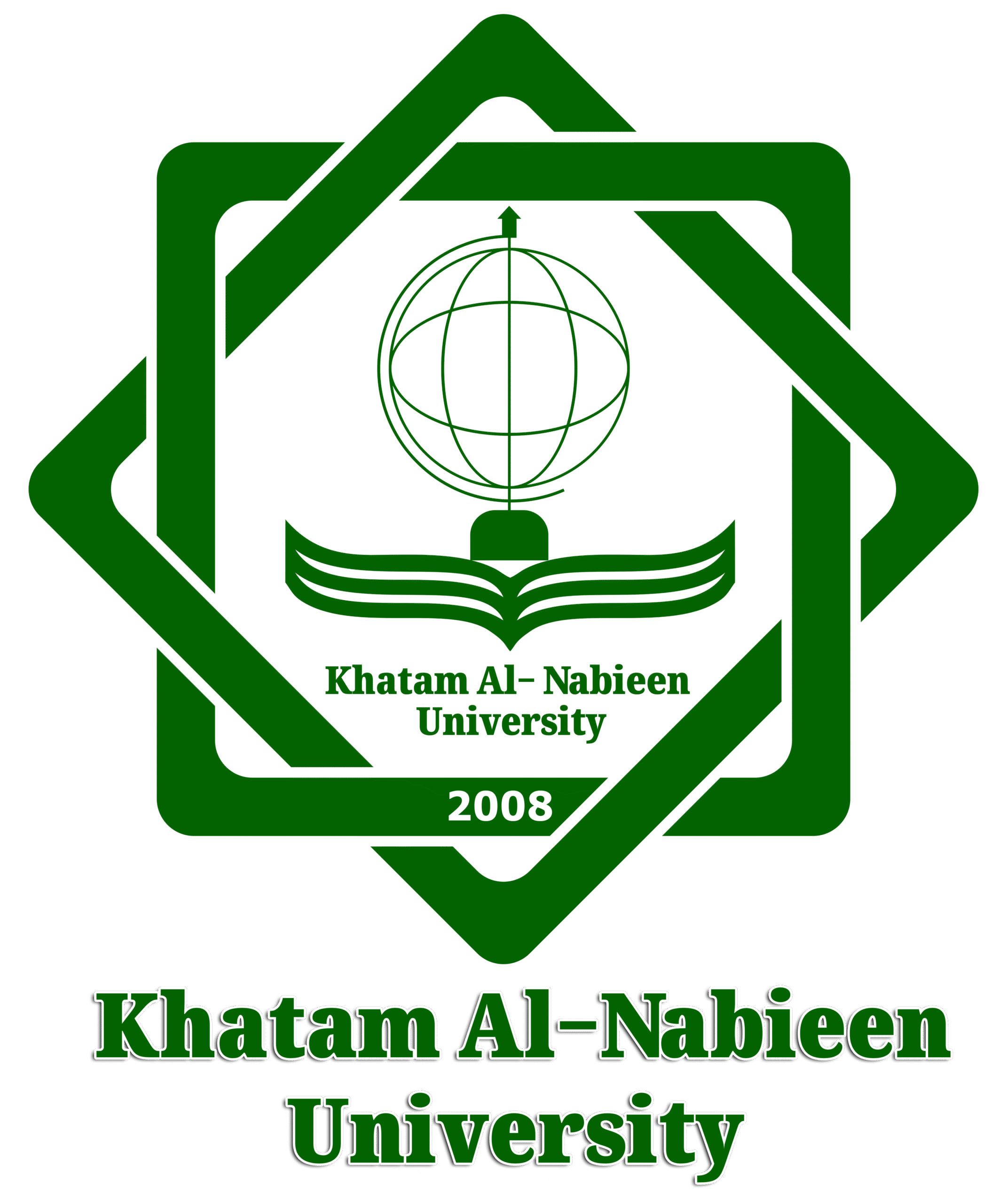University Academic Council
According to Article 23 of the university’s statute, the Academic Council is the highest authority for policy-making and executive affairs of the university and consists of the following members:
- The university’s President as the Chair of the Academic Council;
- Founders of the university;
- Vice-Presidents of the university;
- Presidents of university branches;
- Deans of faculties at the central branches;
- Director of Quality Enhancement and Planning;
- Director of the Master’s Programs Board;
- Director of the Cadre Hospital;
- Representative of the faculty members.
Key Responsibilities of the Academic Council
- Drafting and proposing the university’s general policies to the Board of Trustees;
- Approving the annual budget of the university and its affiliated institutions;
- Approving the establishment of academic levels, new branches, and research and scientific institutions affiliated with the university;
- Reviewing the university’s annual report, evaluating its activities, and making decisions to address issues and shortcomings;
- Approving the university’s annual organizational structure within the framework of regulations and bylaws;
- Making decisions regarding the university’s relations with domestic and international universities and scientific and cultural institutions within the framework of university and national regulations;
- Approving regulations related to faculty members and administrative staff of the university;
- Approving the establishment, expansion, or dissolution of university units and submitting them to the Ministry of Higher Education;
- Appointing Vice Chancellors based on the Chancellor’s proposal;
- Approving the university’s developmental and strategic plans and annual work programs;
- Making decisions on proposals for the appointment, promotion, and separation of permanent academic staff;
- Approving the university’s academic calendar;
- Drafting and evaluating curricular plans and scientific-research programs;
- Monitoring the implementation of educational plans and programs;
- Evaluating the academic activities of faculties and submitting reports to the Ministry of Higher Education;
- Proposing the signing, amendment, extension, or termination of memorandums of understanding and joint contracts.

